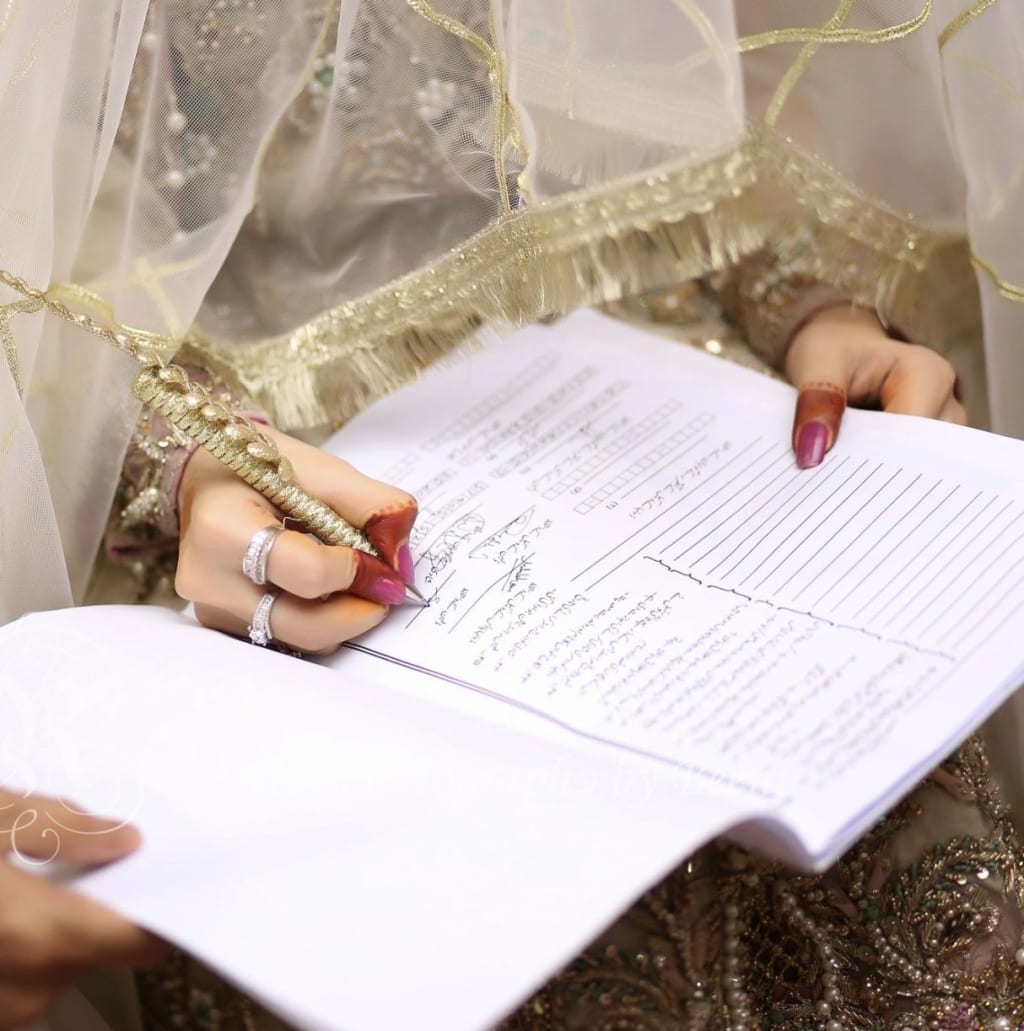The Rishta Culture In Pakistan.
Rishta culture and values, beliefs, priorities of the people.

Rishta culture in Pakistan refers to the practice of arranged marriages, where families play a significant role in finding suitable matches for their children. This practice has been a part of Pakistani culture for centuries and is deeply rooted in tradition and customs.
In this culture, parents or family members typically search for potential partners for their children, taking into consideration factors such as family background, education, and financial status. Once a suitable match is found, the families of the prospective bride and groom will meet and discuss the proposal. If both families agree, the couple will then meet and get to know each other before deciding whether to proceed with the marriage.
Rishta culture has undergone some changes over the years, with more modern and progressive families allowing their children to have a say in the selection process. However, the practice is still prevalent in many parts of Pakistan, particularly in rural areas and among conservative families.
Critics of the rishta culture argue that it can lead to forced marriages, particularly for young women who may have little say in the decision-making process. There have also been concerns raised about the emphasis placed on factors such as wealth and social status, rather than compatibility and shared values.
Despite these criticisms, rishta culture remains a significant aspect of Pakistani society and is likely to continue to be so for the foreseeable future.
When someone is interested in finding a rishta, they typically ask about the following:
Age and Marital Status: The person may inquire about the age and marital status of the individual they are interested in. In some cases, people may be interested in someone who has never been married before, while in other cases, widows or divorcees may also be considered.
Family Background: People may ask about the family background of the individual they are interested in, including their parents' profession, educational background, and social status. This information is important because it can impact the perceived compatibility between the two families.
Education and Employment: Education and employment status are often important factors in the selection process. Many families prefer to find matches who are well-educated and have stable employment.
Religious Beliefs: Religion is a significant consideration in rishta culture, and people may inquire about the religious beliefs of the person they are interested in and their family.
Physical Appearance: Although not always the case, physical appearance may also be a consideration for some families. They may ask about the individual's height, weight, complexion, and other physical characteristics.
Personality Traits: Some families may also ask about the personality traits of the person they are interested in, such as their temperament, interests, and hobbies.
The specific questions asked may vary depending on the family's priorities and values, but these are some of the most common factors considered when seeking a rishta.
In conclusion, rishta culture in Pakistan is a traditional practice where families play a significant role in finding suitable matches for their children. This practice has been a part of Pakistani culture for centuries and is deeply rooted in tradition and customs. While the culture has undergone some changes over the years, the practice remains prevalent in many parts of Pakistan. People interested in finding a rishta typically ask about age, marital status, family background, education and employment, religious beliefs, physical appearance, and personality traits. Despite criticisms of the practice, it is likely to continue to be a significant aspect of Pakistani society for the foreseeable future.
About the Creator
Tamseela Arooj
Meet me: writer, procrastinator, fridge enthusiast. Dreaming of a best-seller that's actually worth reading.






Comments
There are no comments for this story
Be the first to respond and start the conversation.